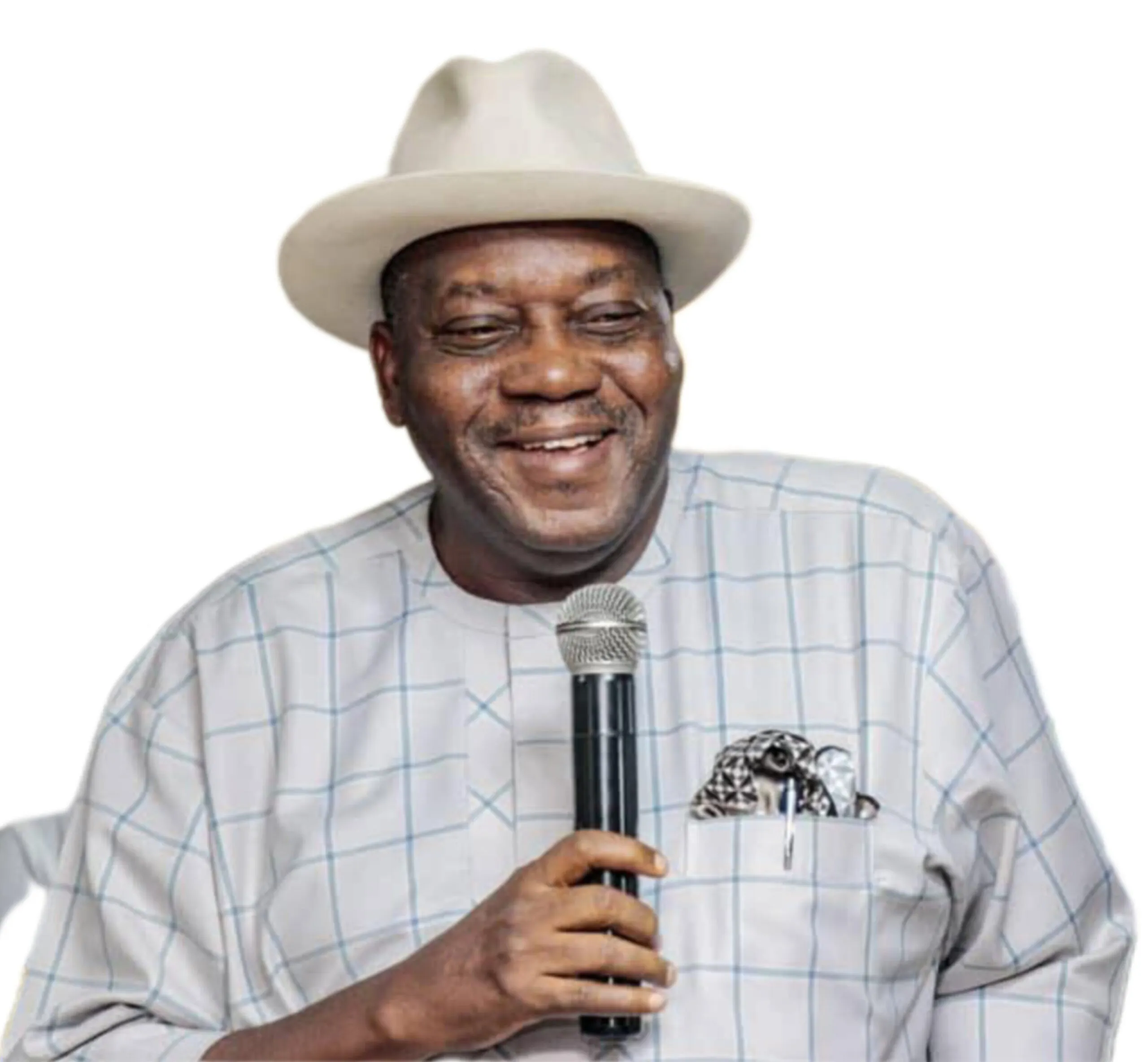By Godknows Boladei Igali
Thank you for reading this post, don’t forget to subscribe!Today, we come together as a family of concerned citizens and even as victims to commemorate the International Day Against Drug Abuse and Illicit Trafficking, which is observed globally every year on June 26th Although we gather here in Yenagoa, on July 3rd, 2025, our purpose remains as urgent and vital as ever to sustain awareness and mobilize collective action. This is more so, as we are all “casualties” in the words of eminent playwright, Prof JP Clark, as we daily see and feel the impact of drug abuse all around us.

I therefore commend the government of Bayelsa State, and particularly Dr. Peter Owonaru, an accomplished scholar and the Bayelsa State Drug and Prevention structures, for the great presence of mind and foresight in bringing us together here today. OONUAA!
This international observance serves as a stark reminder of the devastating toll drug abuse and illicit trafficking to continue to take on individuals, families, communities, and even entire nations. It underscores the pressing need for unity, collaboration, and unwavering commitment in addressing this multifaceted challenge.
As a historian, permit me in a few words to trace the origin and global significance of this day, which was established by the United Nations General Assembly in 1987. I should state that this day was deliberately chosen to coincide with a powerful historical symbol: the destruction of opium by Lin Zexu at Humen, China That bold act in 1839 marked a decisive moment in the struggle against drug dependence, and its legacy continues to inspire efforts worldwide.
As Chairman of this occasion, my role is a simple one, and that is to welcome you and to preside over this gathering. However, I can not resist the urge to pause and reflect briefly on the global impact of drug abuse, which makes today’s event profoundly meaningful to me.
As someone whose previous career as a diplomat for nearly 40 years took me across the globe, I have witnessed firsthand the grievous consequences of drug abuse: broken homes, wasted potential, and communities in crisis.
So join me from this outset to consider these sobering statistics from the United Nations Office on Drugs and Crime (UNODC):
An estimated 269 million people worldwide used drugs at least once in 2020.
Over 35 million people suffer from drug use disorders, yet only 1 in 6 has access to treatment.
Drug-related deaths surpassed 500,000 in 2020, with opioid overdoses as the leading cause.
Here in our own country, according to our own NAFDAC, here well represented, the picture is equally distressing. The national drug prevalence rate stands at 15%, nearly three times the global average of 5.5%.
Even more alarming, academic research — particularly from the eminent Prof. Abubakar Jatau — reveals that between 20% and 40% of our youth may be affected by drug abuse.
These figures are not just statistics. They represent real lives, real families, and a real threat to our nation’s future.
Your Excellency, Ladies and gentlemen,
Let me conclude my remarks with a sincere challenge to each one of us here today.
Drug abuse is not an isolated issue. It devastates individuals, families, and entire communities, fueling cycles of addiction, crime, and suffering.
Our gathering here in Yenagoa must serve a purpose. That is to resolve to break the chains of stigma, discrimination, and limited access to treatment, which continue to prevent so many from seeking the help they need.
Every individual deserves a chance at recovery. We must advocate for sustained treatment, displaying milk of compassionate support and care, especially for the most vulnerable among us.
As we engage in today’s discussions, let us reflect on how local initiatives, community involvement, and strategic partnerships are vital to tackling the root causes of drug abuse. Our solutions must be sustainable, inclusive, and locally driven. This effort must not be elitist but go down to say, Obele, Gwegwe, Swali, and our several local communities, which are particularly vulnerable.
Ladies and gentlemen, as we mark this important day here in Yenagoa, let us reaffirm our collective commitment to building a Bayelsa State and Nigeria grounded in health, dignity, and recovery for all.
Thank you all for your attention, and I wish us all a very productive and impactful day ahead.
*Amb. (Dr.) Godknows Boladei Igali, OON, is the Ibetariowei of Izonland and National Chairman of the Pan Niger Delta Forum (PANDEF)
Kindly share

